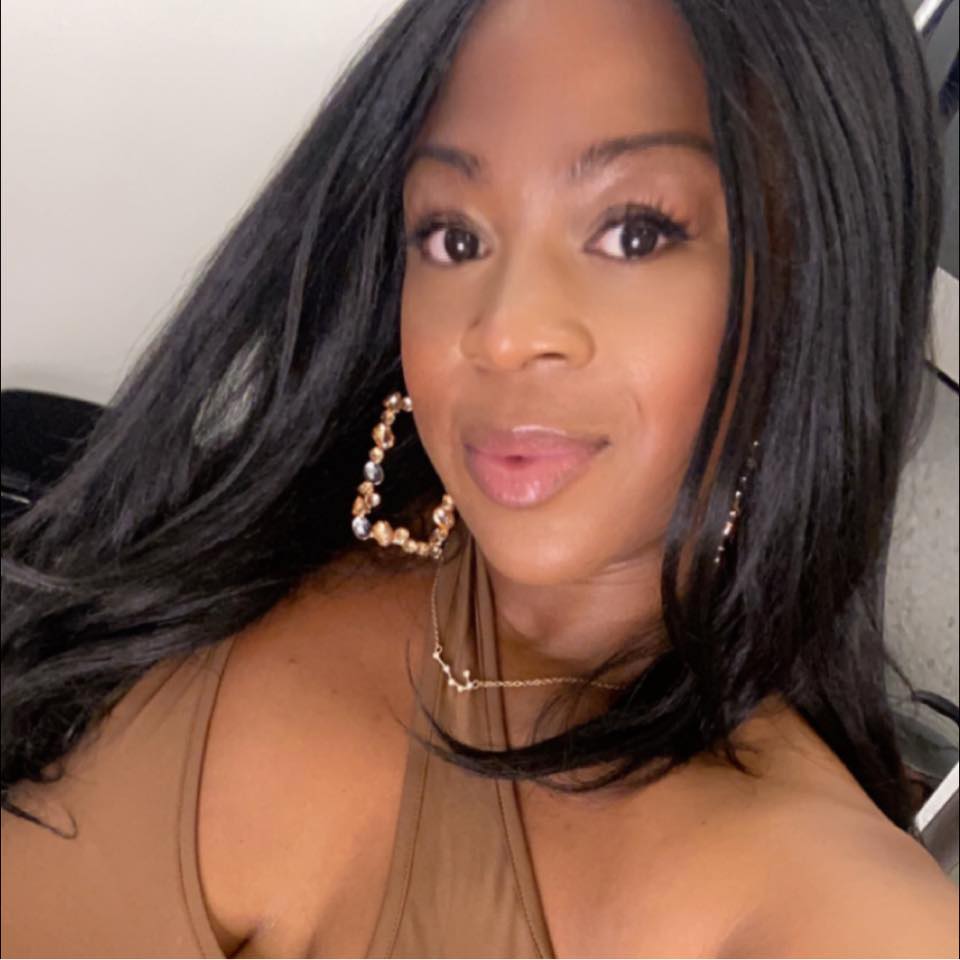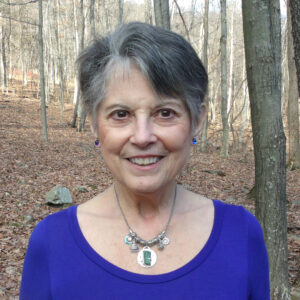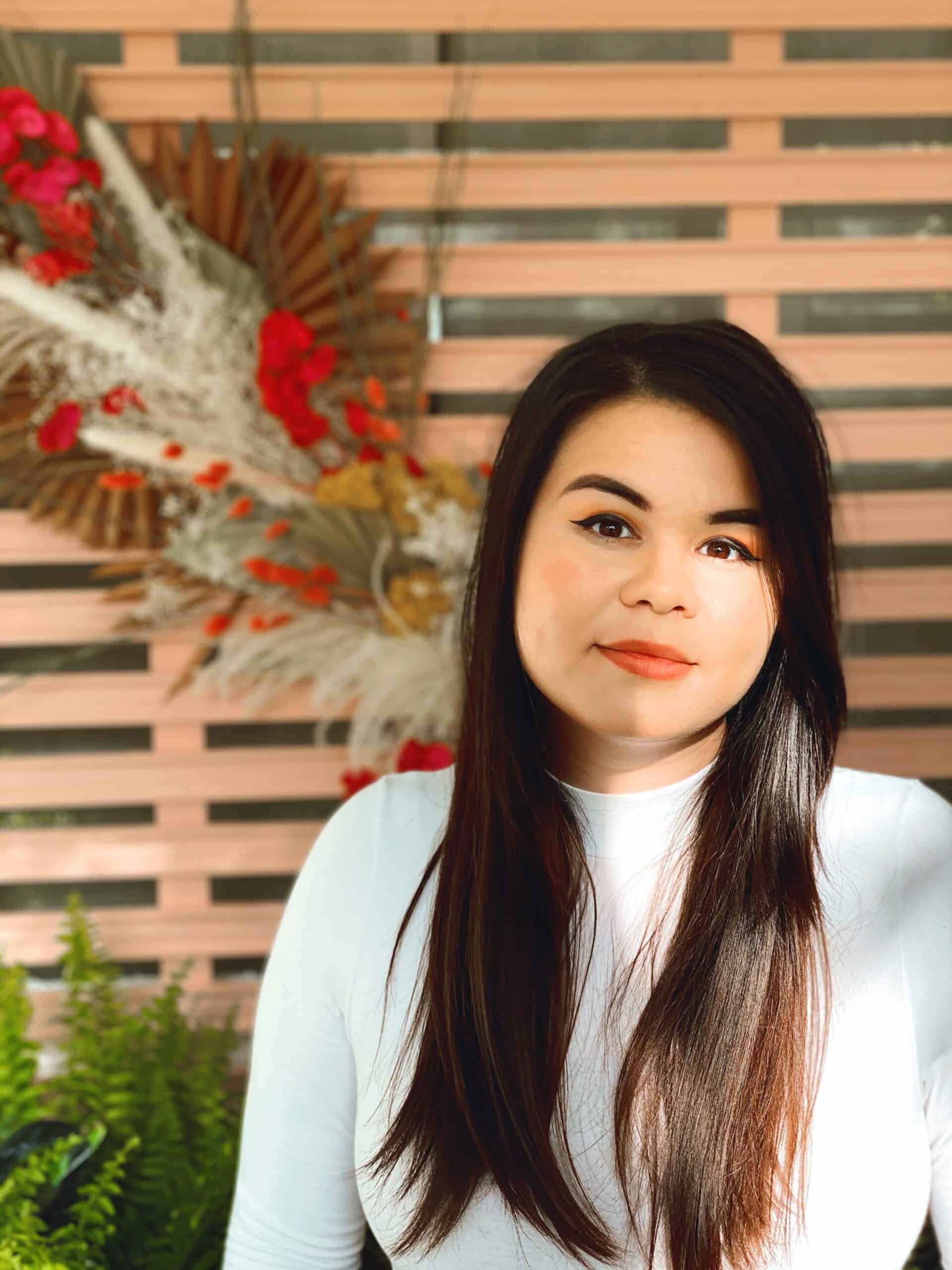Mel Davis’s journey through mental health challenges is a testament to resilience, self-advocacy, and the power of self-expression. Diagnosed with bipolar 1 disorder and having faced anxiety and depression throughout her life, Mel has navigated the complexities of the healthcare system as a Black woman, encountering both setbacks and triumphs. Her story is one of overcoming misdiagnosis, finding healing through dance and spirituality, and using her experiences to inspire others. Through honesty, vulnerability, and a deep commitment to self-care, Mel has not only reclaimed her wellness but has also become a beacon of hope and empowerment for those facing similar struggles.

1.Can you share more about your experience with the healthcare system and how it impacted your mental health journey?
I’ve been clinically diagnosed with bipolar 1 disorder, but I’ve struggled with general anxiety and depressive episodes throughout my adolescent life. I’ve always wanted to be in a space where I could heal my mental health appropriately with the use of doctors and medication, but I’ve learned that as a black woman often there’s stereotypes regarding this type of mental health diagnosis that comes from both my community and the doctors that serve me. In 2021 I was hospitalized for my mental health because of a severe depressive episode and a psychotic break of some sort. While in the hospital, I was telling the doctors what I was experiencing in terms of my symptoms and they decided to go based off of the different types of notions which led to, practice and management of care. I was given the inappropriate doses of medication in a very small amount of time which led to variances of PTSD.
2. How did you initially find out about your misdiagnosis, and what steps did you take to address it?
I am someone who is very intuitive and someone says I am spiritually gifted of some sort, but that’s very controversial in the medical field so when getting to know me or diagnosing me in someway, there were sort of checkboxes for the things that someone would consider schizophrenic, but I am not schizophrenic. I just happen to have a different sense of self and a different sense of reality but at the same time I am aware of what is real and what isn’t, whereas most people with schizophrenia aren’t able to decipher such.
3. In what ways did new medication contribute to your healing process?
I got a new care team and my care team listened to me and they listened to my therapist and the history that I shared with her and they recognize that I was not schizophrenic as the hospital suggested and I got on a mood stabilizer, which was a medication designated for bipolar disorder, and with this medication, I was able to counteract some of the PTSD from the malpractice of medication and mismanagement of care, with the diagnosis of schizophrenia. However, that was not the only thing that got me through the experience which was very tumultuous and challenging.
4. How did dance play a role in your recovery and self-expression?
While having PTSD and experiencing false schizophrenia symptoms there were a lot of racing thoughts and a lot of things happening through my mind at times that didn’t make sense to me. I was in certain circumstances and I needed to be in constant movement in order to work through what I was thinking. I have been dancing since I was younger, and I had taken a break from dancing because of life and motherhood and then I decided to turn on some music one day to sort of calm my mind and I decided to do that more often brought me a sense of safety and security. It was different types of music at first, and then I just allowed my body to naturally move itself through the noise in my mind through the anxiety from the past and I was able to consciously wake myself up with the use of songs
5. Can you describe how you incorporated spiritual wellness into your healing journey?
I am someone who believes in journaling and meditation, but my form of meditation isn’t in the way that people think. Meditation is just a standstill for me like I don’t sit in a lotus position and meditate. I often will sit in a quiet place and just taking the atmosphere and just sort of calm my mind and calm my thoughts with breathing in and out without sitting cross-legged. Also I’m someone who Likes to reflect a lot based on how I’m feeling, and I also took a lot of baths which included different herbs known to heal anxiety like chamomile and herbs like hyssop were incorporated into my process of sort of centering myself in a spiritual way
6. What specific challenges did you face while advocating for yourself in the healthcare system?
I was physically going through withdraws from the medication that they gave me. My body was in constant awareness and shock because I was given too much medication in a small amount of time. One day I was physically erratic, however, my mind was almost sleepy. It was an out of body experience, and I felt like something wasn’t right, and I went to the emergency room, then I mentioned to them that I had been hospitalized, but I was rational, even though my body was telling me to be irrational, so that was a challenge because recognizing something is wrong with you while going through it is not easy, but I stood my ground. I stood up for myself and I was honest what was going on with me and from there doctors actually said to me, “thank you for advocating for yourself” and that led to me having a team of doctors.
7. How did you maintain your motivation and resilience during the most difficult times?
My son motivates me to keep going even in my time of breaking down and losing myself. I always wondered what would he say about his mother one day when he’s older. Would he say his mother was strong or would he say that she was resilient? I look at him every day and his opinion of me keeps me motivated and keeps me focused and keeps me wanting to be better than I was previously or yesterday.
8. What were some pivotal moments or realizations that helped you move forward in your story?
I recognized that I needed to be realistic with myself. I needed to tell myself the truth. I needed to say you have something going on because of things that you’ve been through, but it is not this. recognizing how I’ve dealt with my mental state in the past was what kept me grounded when something else was going on that was not the same. I was able to recognize moments of breakdowns before. I’d ask myself, how did I get through this before and from that moment of recognition I was able to push forward and learn that I’m not where I was anymore and learned that I’m moving towards something better.
9. How did you find and integrate support systems or communities during your recovery?
I have one personal support system and it’s my older sister who’s been a constant uplifting agent in person in my life however, I created my own community during my recovery time. I create dance videos on TikTok and Instagram that discuss body positivity and self-love through the worst part of yourself. recognize that showcasing and documenting my worst parts of myself and pushing through them and loving myself, no matter what happened was something that I needed for myself but also that other people needed.In other words, I host a community of positive energy through movement and spiritual alignment which helps encourage others to show up for themselves no matter what’s going on personally or outside of them.
10. What role did self-advocacy play in your healing process, and how did you develop this skill?
Self advocacy is something that I never knew I was doing. I come from a very big family and many of us are taught to be straightforward and honest about what we believe in and that also comes from within self. There weren’t many people to stand up for me in my life so I stood up for myself. My mother stood up for herself. She went through many things, and she continued to push forward and she continued to honor herself, and I saw a woman get up every day, no matter how difficult it was, and tell her kids to keep going. She would tell us to show up and try so I did that.
11.How did you navigate and manage the PTSD you experienced as a result of your misdiagnosis?
I At first it was difficult to manage PTSD. I was very scared. I didn’t know what was going on. I didn’t recognize it at first and then while dancing to Beyoncé’s “freedom” I felt like I wasn’t free. I felt like something was holding me back so I wrote it down all my feelings in my journal and I told myself that I wasn’t going to be afraid and I was gonna keep pushing until i felt free.
12. What advice would you give to others who feel overwhelmed by their mental health challenges?
I would advise everyone facing mental health challenges to first start and acknowledge that something is going on. It’s really hard to hold yourself accountable, especially when something is out of your control for the most part and acknowledging that there’s this hardship that you’re facing is the first step. Also, while understanding that it can be overwhelming if you ignore it. In this case, I do not think ignorance is bliss. I think that there’s bliss on the other side of healing and the first step of healing is recognizing that there’s something wrong with your health that you could need help with.
13. How has your experience influenced your perspective on mental health and wellness?
I’ve learned that no matter what a clinical diagnosis says about me, I’m my own person. While there may be things that can hold me back or take longer for me to do I can still do it. I have more willpower and strength. It is really difficult to stay strong but understanding that I am more than a diagnosis changed my view on mental health and mental wellness.
14. What are some practical steps women can take to ensure they are advocating effectively for themselves?
I believe that women should speak up more often, and we should honor ourselves for our personal strength. We have to support others but how we support ourselves and how we pour into ourselves is what can help us understand when there’s something taking us away from who we are authentically.

I think as women, we should understand that we’re beautiful and is not just because of how we look, but it’s because of who we are.
15. How do you envision using your story to support and inspire others who are facing similar struggles?
I hope that with my honesty and vulnerability that others will find strength to think for themselves. I hope to encourage others to motivate themselves to be true to what they know within. I hope that this story can inspire someone to stand up and take a stance against a really big healthcare system that sometimes isn’t always right and sometimes they get it wrong. I hope that with the story, the healthcare system gets right.
IG and Threads: @iammel___
YT: https://www.youtube.com/channel/UCETQd7648jSpeK6iCGurafQ
TikTok: @msmelleee
@msmelleee
Linktree: https://linktr.ee/Iammel___






